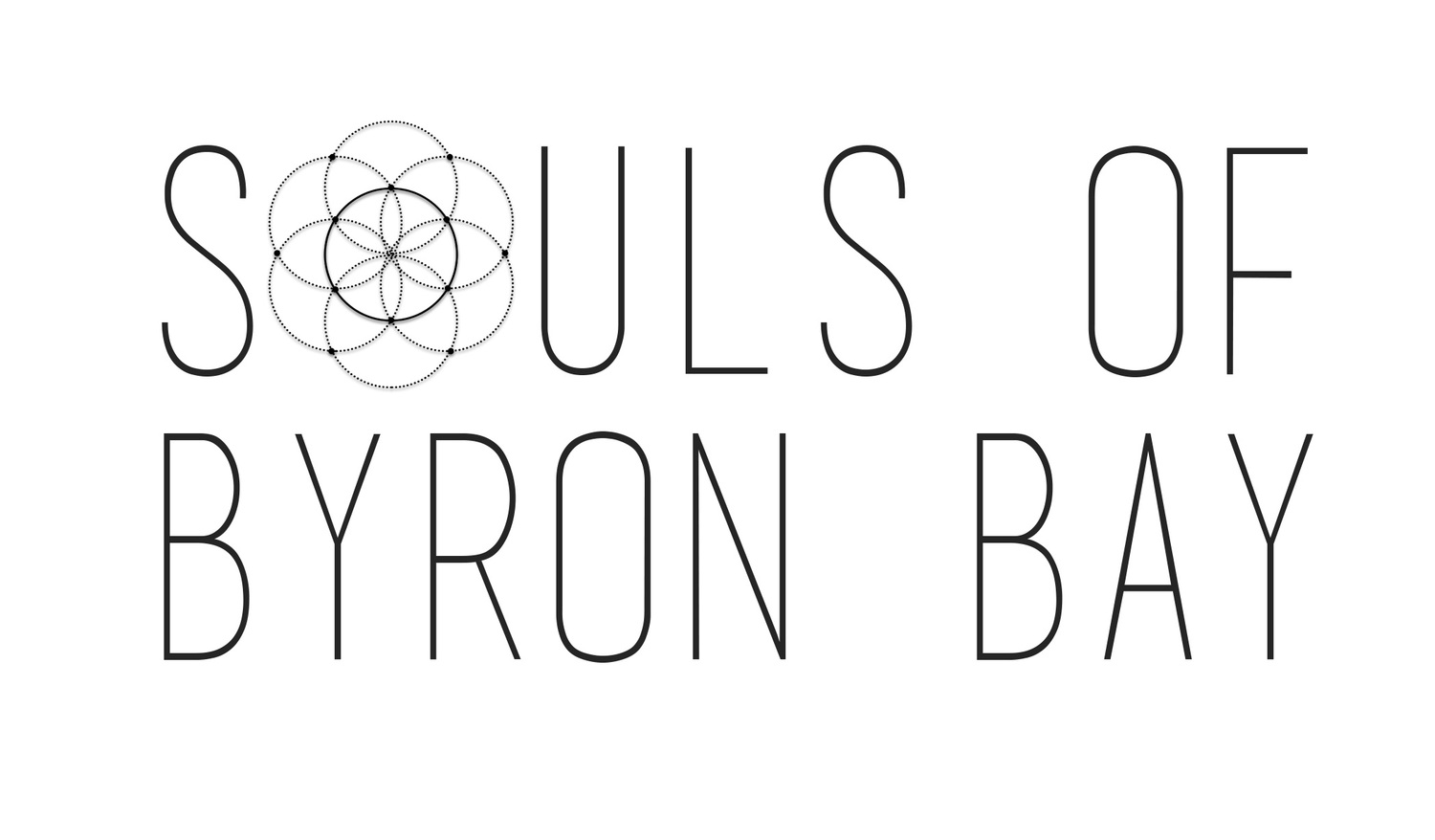Fingal
Of all the journeys, missions, crazy undertakings and spiritualistic endeavours that I've undertaken, in a reasonably, if not that long but indeed mirthful and vicarious existence, the ramble down the ridgeway trail in the year of 2005, remains to me the most memorable and affecting. The Ridgeway is reputedly Britain's oldest track way, used for at least 5000 years and passes through many ancient bronze age sites, like the stylistic and chalky White horse of Uffington, Grimm’s Ditch (named for the Norse god Odin), the Devil’s punch bowl, Wayland smithy (a burial mound, also named for a Norse blacksmith god), winding through the Chiltern hills, the Thames valley, the Vale of the White horse, until finally reaching the Neolithic henge monument, containing three stone circles, around the village of Avebury in Wiltshire, in southwest England. I undertook this 80-mile odyssey, with a sleeping bag, a staff made of hazel (a gift from a family of travellers I met on the trail) and a small but highly, magically charged harp. For four days I trudged on, through peaceful countryside, with only stags, hares, foxes, and buzzards as my companions, grazing from wild herbs from the hedgerows, and sleeping in woodland and thicket. When I finally reached the mystical village of Avebury, fate, or indeed destiny would have it that I was to be the harpist at a hand-fasting ceremony, a rural folkloric betrothal, the term thought to be loaned into English from the old Norse handfeste ‘to strike a bargain by joining hands’. Some folks spend time at the gym, some have taken to the Buddhist tradition of Vipassana, others seek escapism through substance use (myself on occasion amongst them). But for me, nothing compares to walking an old track to seek insights into the true reality of nature.
Fingal

